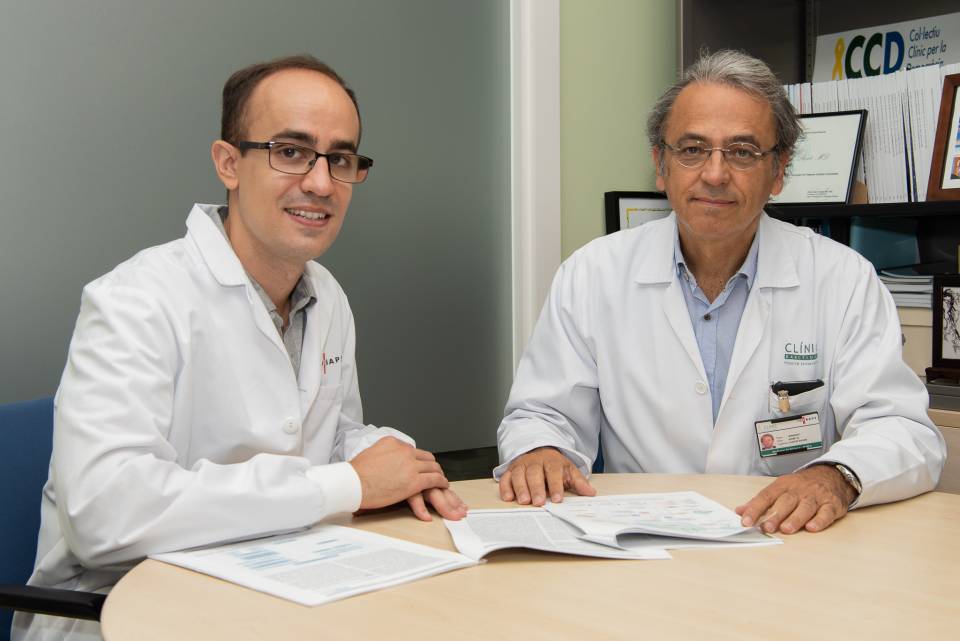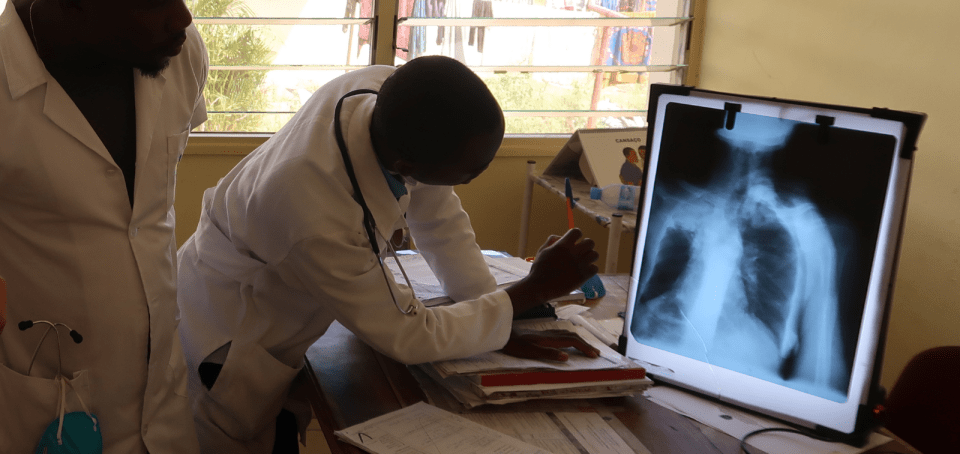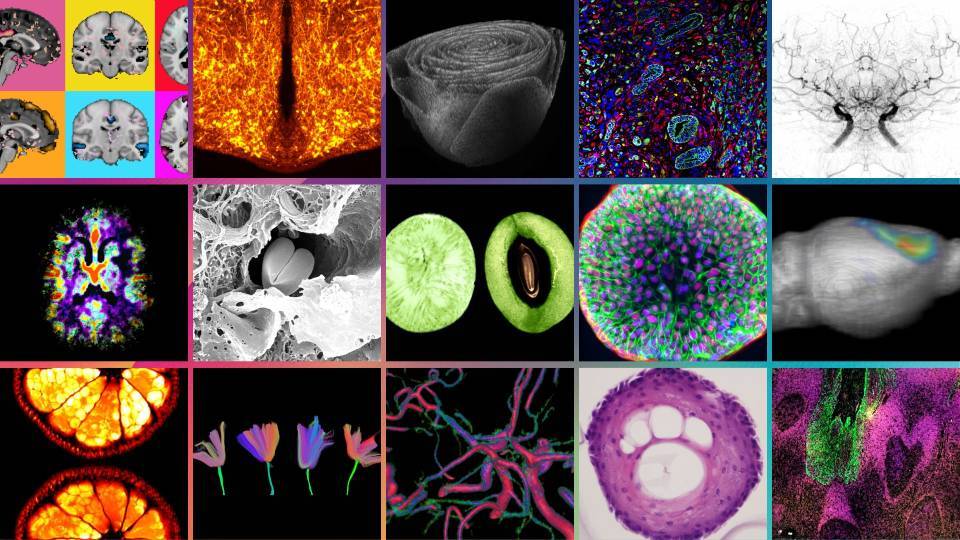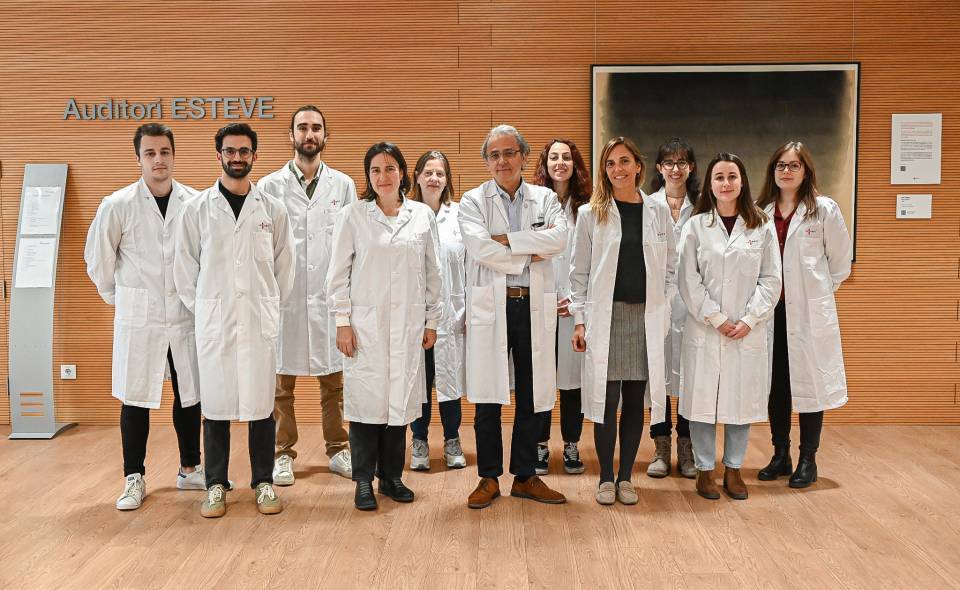The article was coordinated by Dr. Josep M. Llovet, Professor of Medicine at UB, ICREA Professor at IDIBAPS where he leads the Translational research in hepatic oncology group and director of Liver Cancer Program at the Icahn School of Medicine at Mount Sinai in New York. Dr. Florian Castet, from the same IDIBAPS group, also participated.
Hepatocellular carcinoma (HCC) is a global heath problem and is the second leading cause of death due to cancer, and its incidence is growing worldwide. In addition to the application of surgical and locoregional treatments, involving the removal of the tumour, 50-60% of HCC patients have to receive systemic treatment.
Systemic treatments have been the standard option for dealing with hepatocellular carcinoma for over a decade. With the advent of immunotherapy, a revolution in cancer is taking place. The combination of atezolizumab and bevacizumab has been shown to improve overall survival relative to sorafenib. “This combination is considered to have ushered in a new era in the management of this disease, with greater benefits than those obtained to date. Clinical trials at all stages of the disease are now mainly exploring the use of these combinations”, says Josep M. Llovet.
Despite these advances, the molecular underpinnings governing the immune system’s response and the tumour cells’ capacity to evade its control are not known in detail. The tumour microenvironment plays a crucial role in the development and progression of hepatocellular carcinoma and distinct immune features related to this that have been described. Similarly, the response to immunotherapy is determined by genomic signatures and the characteristics of HCC, “The problem is that we do not have any biomarker available to identify the patients who will respond to immunotherapy and to guide clinical decisions”, explains Josep M. Llovet, and says “Likewise, we have observed that patients with HCC of viral origin respond better than those of non-viral origin (alcohol, NASH), and therefore we need to look for new combinations for the latter”.
The review provides information on the tumour microenvironment underlying the response or the resistance of hepatocellular carcinoma to treatment with immunotherapy. It also describes the evidence obtained in phase III clinical trials to assess efficacy, immune-related adverse effects and the mechanisms of response. For example, other combinations with positive results in patients with advanced HCC are tremelimumab with durvalumab, and cabozantinib with durvalumab. Furthermore, emerging trials assessing immunotherapies are reviewed, as adjuvant treatments, across all stages of the disease, which might change the management of this type of cancer in the future.
Article reference:
Immunotherapies for hepatocellular carcinoma
Josep M. Llovet, Florian Castet, Mathias Heikenwalder, Mala K. Maini, Vincenzo Mazzaferro, David J. Pinato, Eli Pikarsky, Andrew X. Zhu & Richard S. Finn. Nature Reviews Clinical Oncology (2021)




